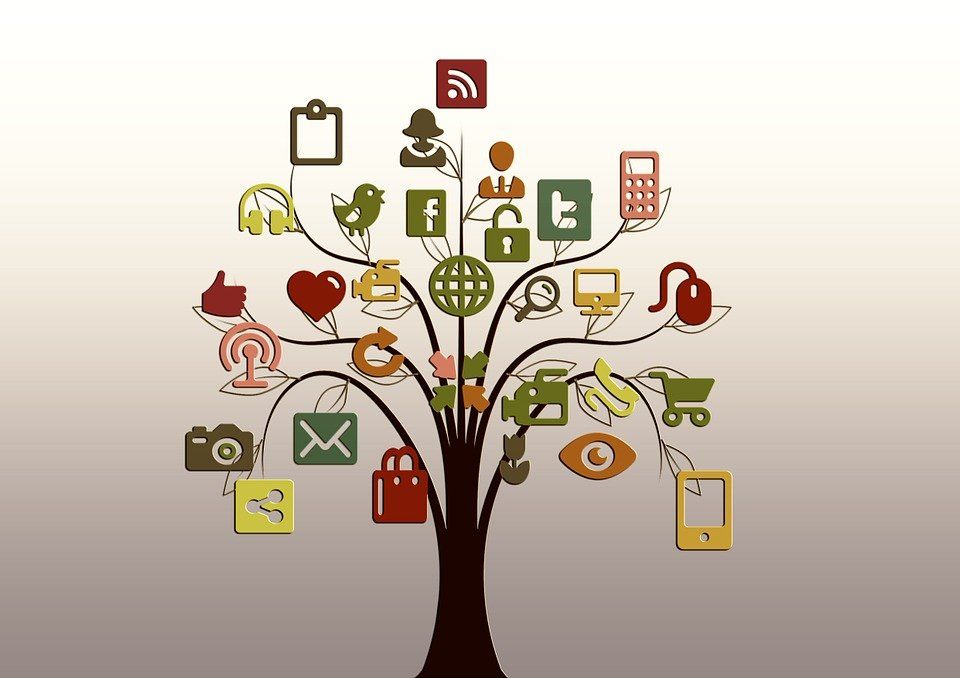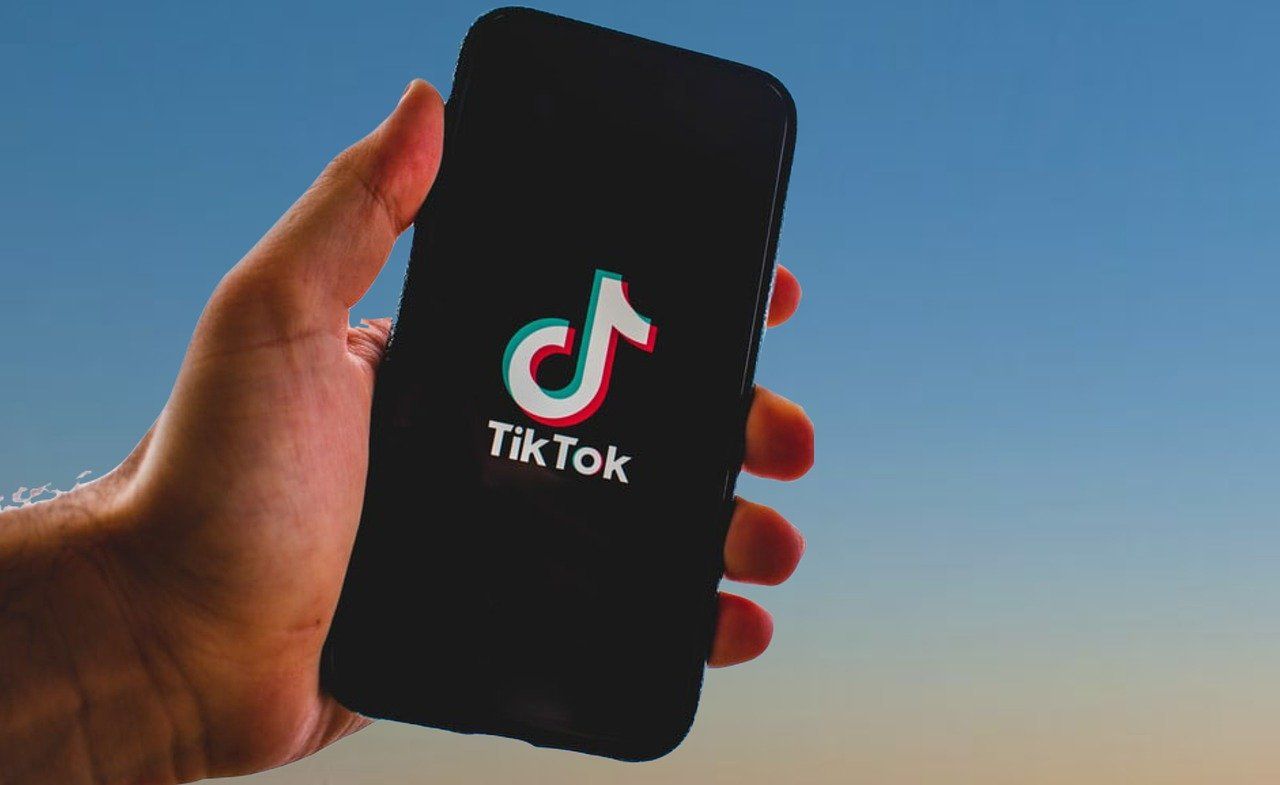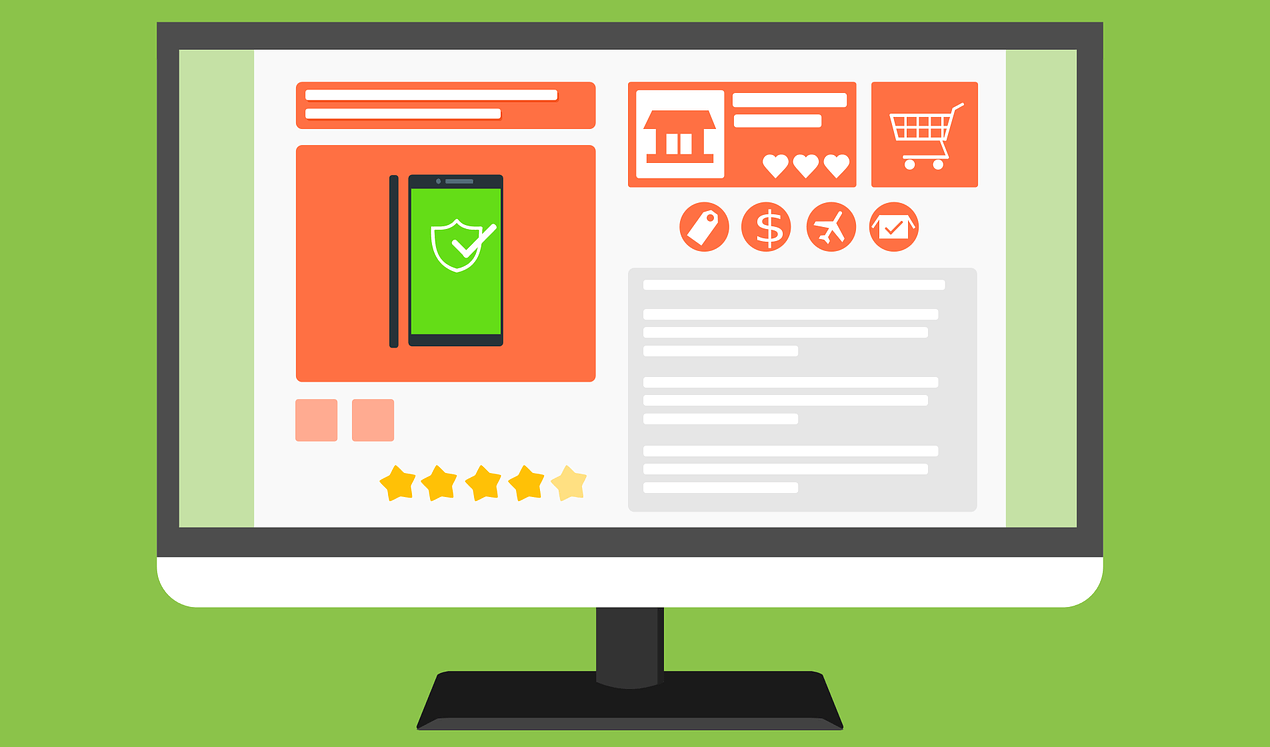5 benefits of social media for small business owners
Popular social platforms have become marketing giants, offering businesses valuable data about their customers and a (mostly) free way to reach them. The jury has spoken: social media for business is no longer optional.

Because it appeared quickly, social media has developed a reputation by some for being a passing marketing interest, and therefore, an unprofitable one. The statics, however, paint a different picture. According to Hubspot, 92% of marketers in 2014 claimed that social media marketing was important for their business, with 80% indicating their efforts increased traffic to their websites. And according to Social Media Examiner, 97% of marketers are currently participating in social media – but 85% of participants aren’t sure what social media tools are best to use.
Many people use social media for personal reasons, but now if you are not using it for business reasons you’re quickly falling behind. You will be surprised how using social media can reach into other parts of your marketing strategy. Here are 5 benefits of social media for small business owners:
Even if you are not on social media, most of your customers expect you to be. Over 67% of consumers now go to social media for customer service. Every customer interaction you have on social media is an opportunity to publicly demonstrate your customer service level and enrich your relationship with your customers.
2. Keep your competitors close : With social media monitoring, you can gain key information about your competitors. This kind of intel will allow you to make strategic business decisions to stay ahead of them.
3. Increase brand awareness and loyalty: Your social media networks are just new channels for your brand’s voice and content. When you have a presence on social media, you make it easier for your customers to find and connect with you. By connecting with your customers on social, you are more likely to increase customer retention and brand loyalty.
With every profile being unique, businesses can give brands a personality on social networks. How they interact, the look and feel of the profile, all encompass the general characteristics of the brand. For many businesses, your social profile may be more important than your website. Remember, every opportunity you have to syndicate your content and increase your visibility is valuable.
4. Sharing content has never been easier: In the past, marketers faced the challenge of ensuring their content reached customers in the shortest possible time. Every post you make on a social media platform is an opportunity for customers to interact and possibly convert.
When you build a following, you’ll simultaneously have access to new customers, recent customers, and old customers, and you’ll be able to interact with all of them. Every blog post, image, video, or comment you share is a chance for someone to react, and every reaction could lead to a site visit and eventually a conversion. Not every interaction with your brand results in a conversion, but every positive interaction increases the likelihood of an eventual conversion. Even if your click-through rates are low, the sheer number of opportunities you have on social media is significant.
5. Better search engine rankings: SEO is the best way to capture relevant traffic from search engines, but the requirements for success are always changing. It’s no longer enough to regularly update your blog, ensure optimized titled tags and meta descriptions, and distribute links pointing back to your site. Google and other search engines may be calculating their rankings using social media presence as a significant factor, because of the fact that strong brands almost always use social media. As such, being active on social media could act as a “brand signal” to search engines that your brand is legitimate, credible, and trustworthy. That means, if you want to rank for a given set of keywords, having a strong social media presence could be almost mandatory.
The longer you wait, the more you have to lose. Social media marketing, when done right, can lead to more customers, more traffic, and more conversions, and it’s here to stay.
Are you ready to start reaping the benefits of social media for your business? Phase 3 Digital can help manage your social media, engage with customers and monitor your success. Email us at info@p3da.com for a free social media consultation.










